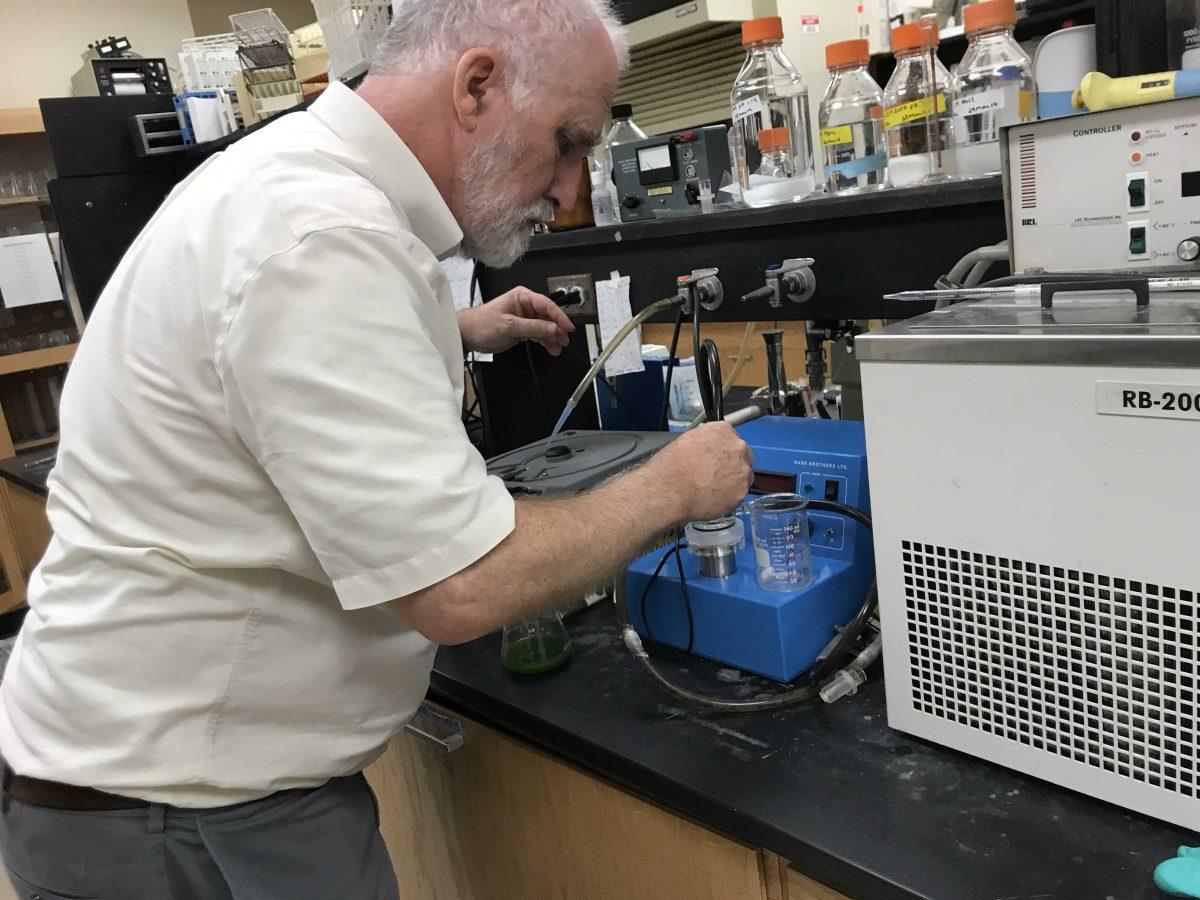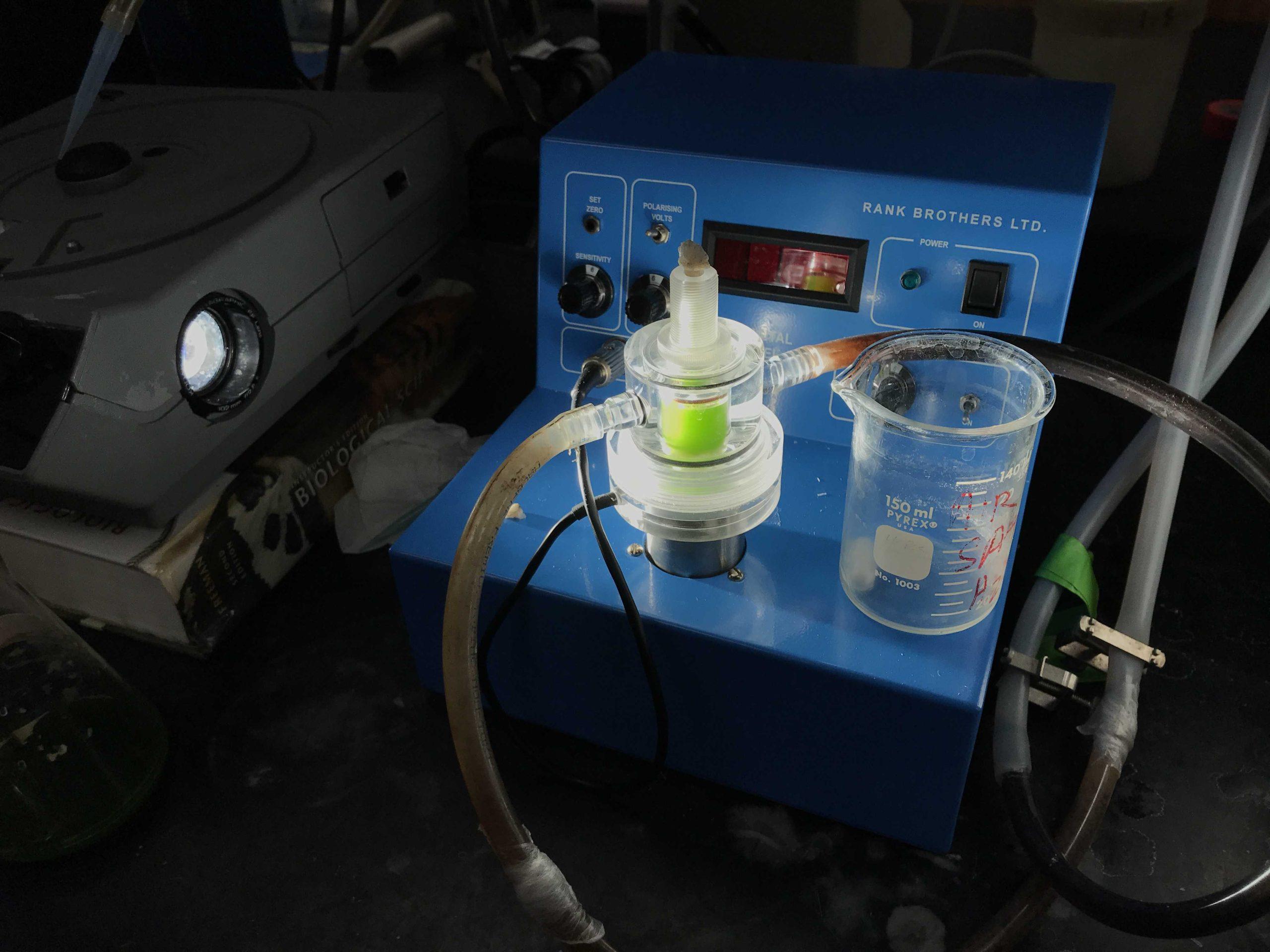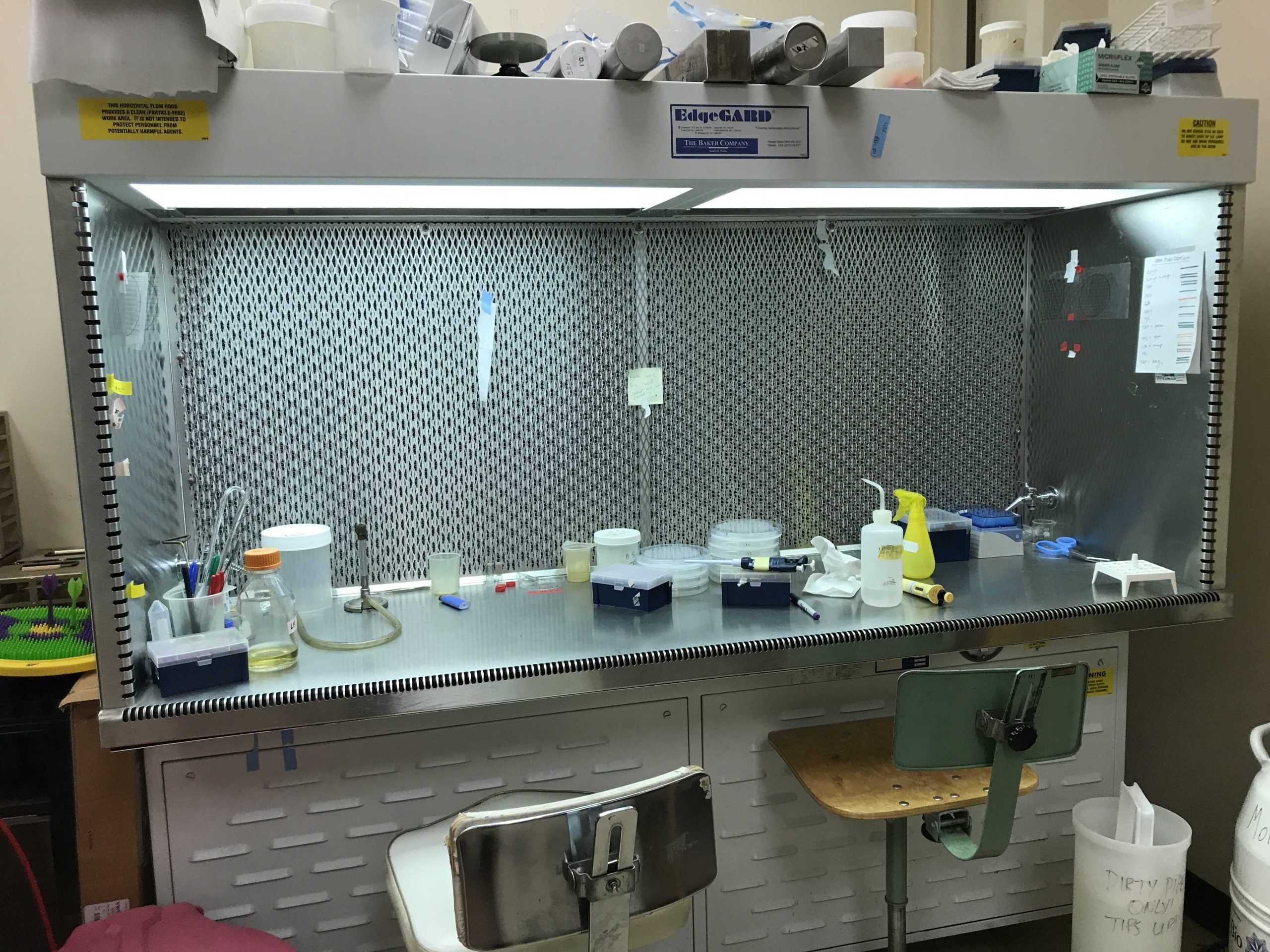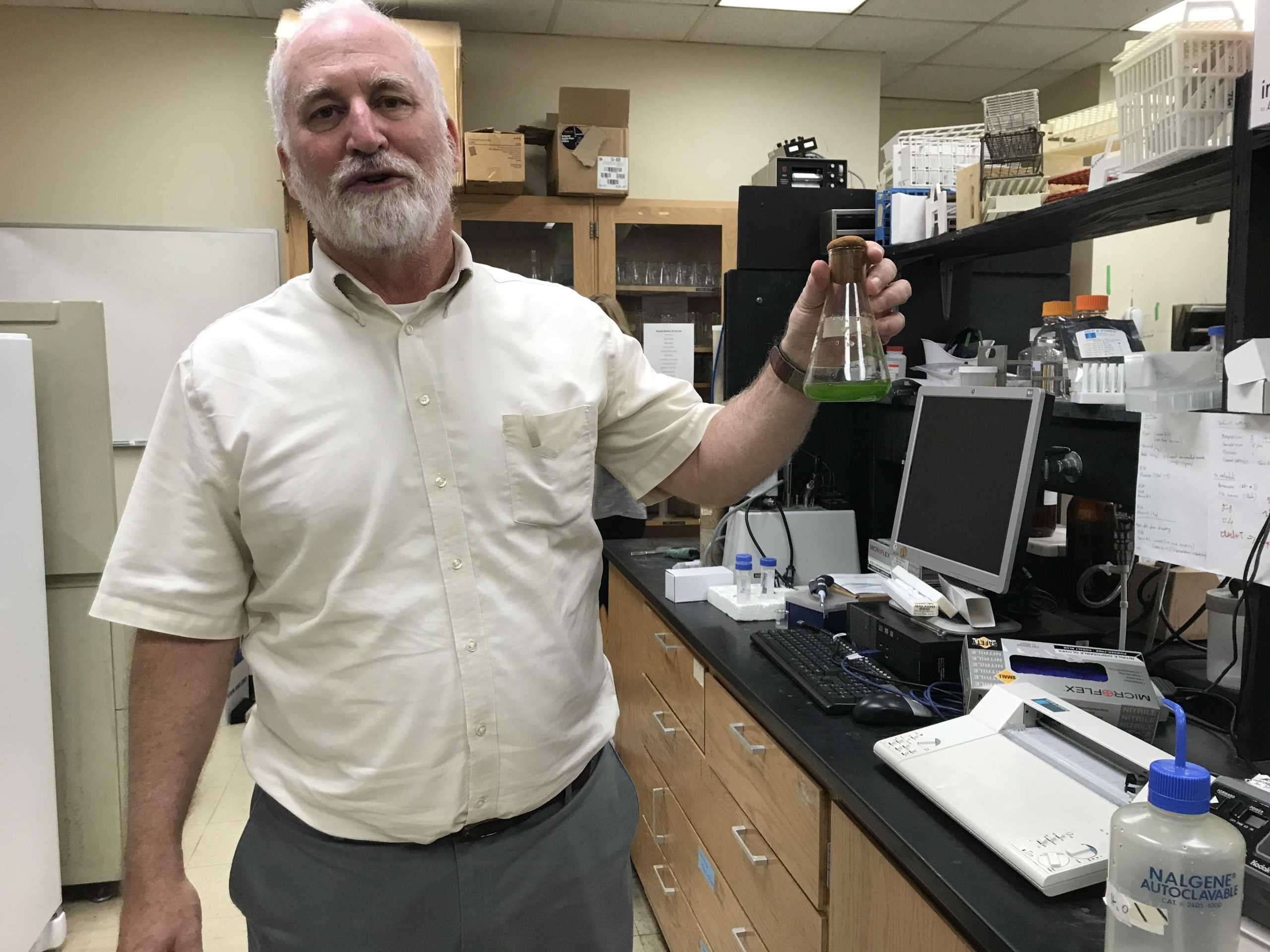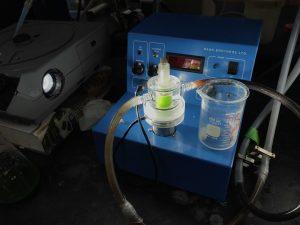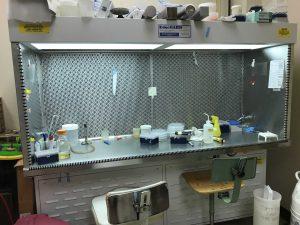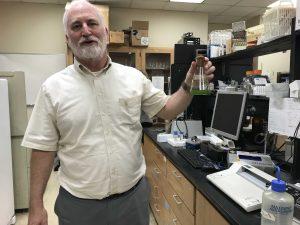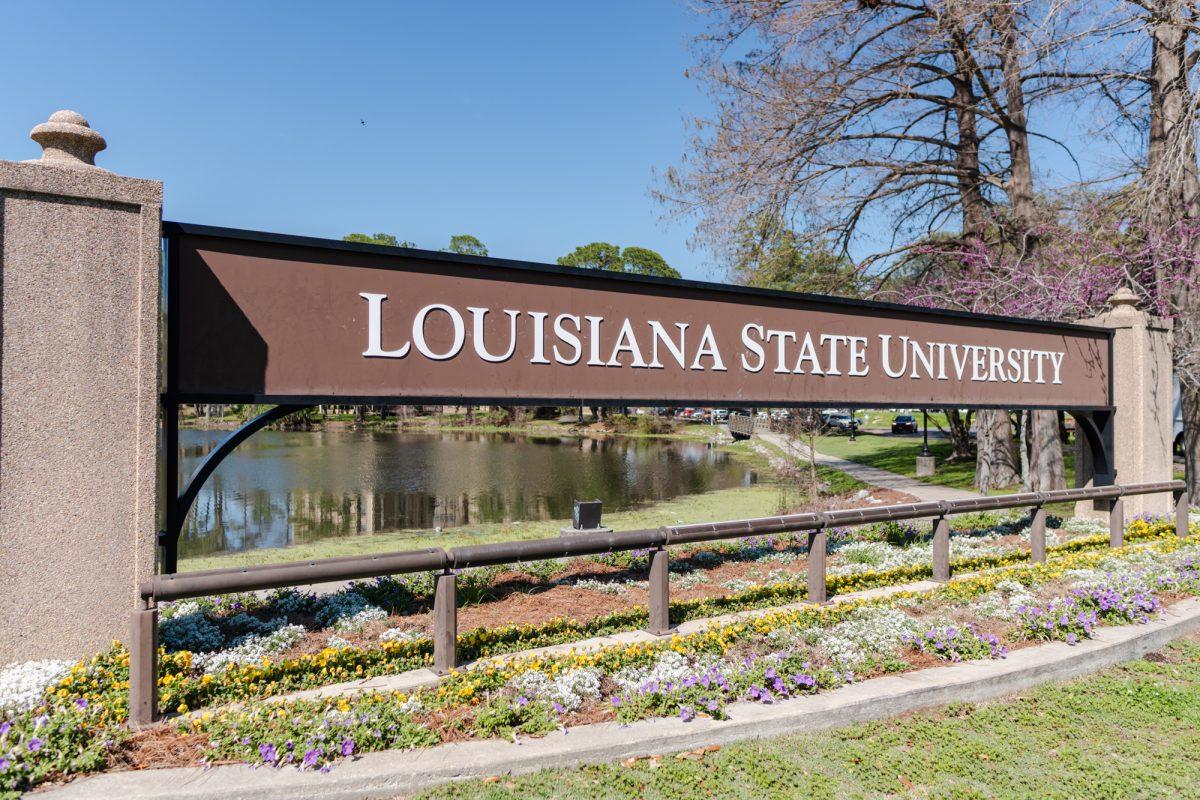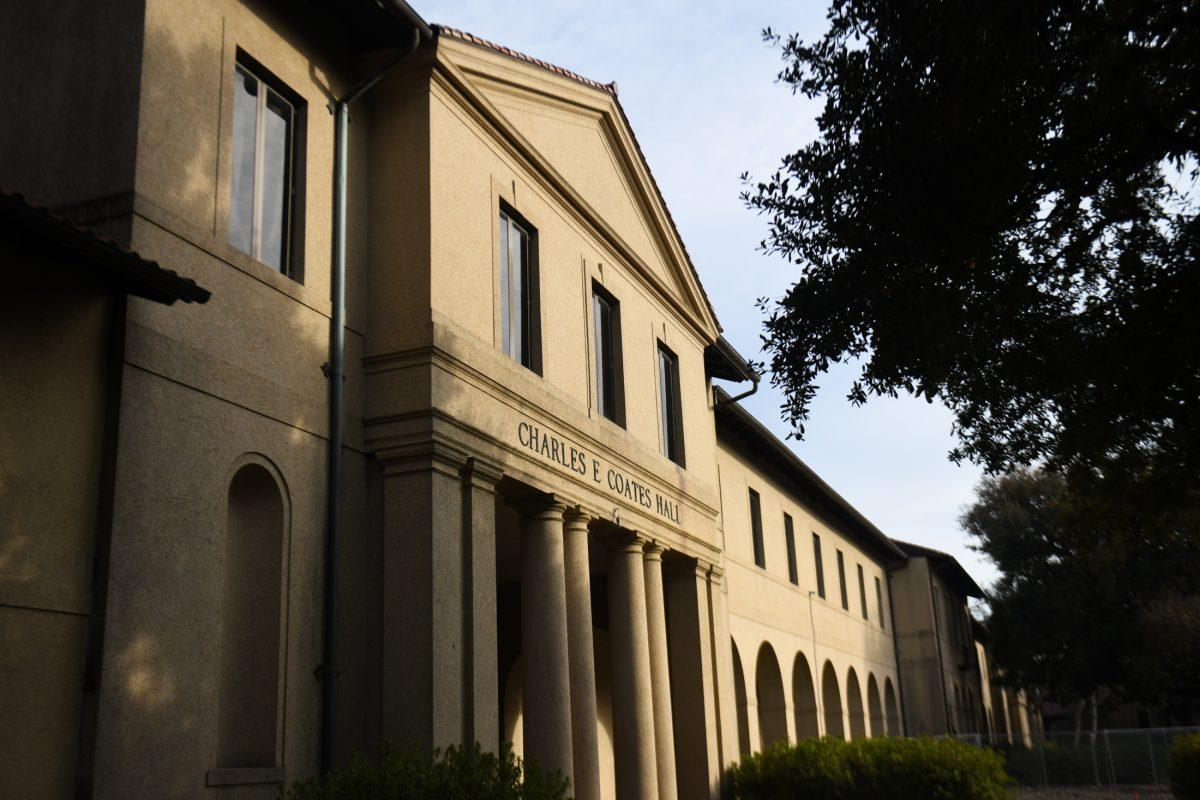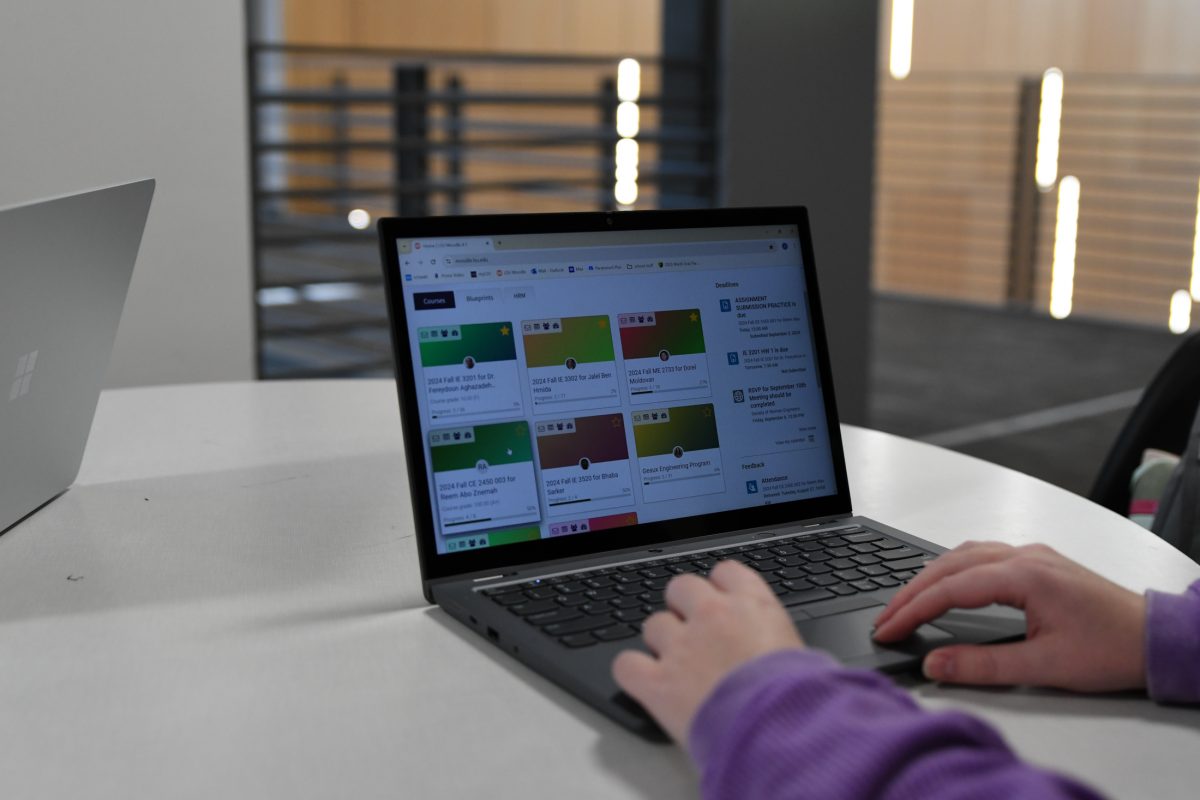In 2050, it is projected the world’s population will be about 10 billion and there will be a 70 to 100 percent increase in food demand within the next 30 years resulting in a food shortage crisis according to the United Nations Department of Economic and Social Affairs.
LSU Department of Biological Sciences Professor James Moroney is one of the scientists working to solve the future food shortage crisis.
“Around 1960, we were pretty close to being unable to produce enough food for people,” Moroney said. “We saw big increases in yield and in the last 50 years and food production has outpaced population growth, but the benefits from that have kind of started to bend over.”
The Realizing Increased Photosynthetic Efficiency project, or RIPE, is an international research project that is engineering plants to photosynthesize more efficiently to increase crop yields, according to its website. The project began in 2012 and recently received a five-year grant for $45 million from the Bill & Melinda Gates Foundation, Foundation for Food, Agriculture Research and UKAID.
“[The Bill & Melinda Gates Foundation is] concerned that around 2035, the food production will not keep pace unless something is done,” Moroney said.
Professors Donald Ort and Stephen Long from the University of Illinois at Urbana-Champaign are the principal investigators of the project. Other researchers partnering with the University include the U.S. Department of Agriculture’s Agricultural Research Service, University of Essex, Lancaster University, Australian National University, Chinese Academy of Sciences, Commonwealth Scientific and Industrial Research Organisation and University of California, Berkeley.
“There are six or seven different projects within RIPE, and each one is trying to improve photosynthesis in a slightly different way,” Moroney said. “Most of my research had been done on an algal, an algae CO2 concentrating mechanisms. They’re really good at pulling CO2 and bicarbonate out of the water, and that’s what I’ve studied here at LSU for many years.”
RIPE began in 2012 when the Bill & Melinda Gates Foundation brought 13 people from around the world to give their opinion on how they would improve photosynthesis. The foundation and others have funded a five-year project in 2012 and just extended the project for five more years with a grant for $45 million.
“The project that I’m on was always considered the highest risk, highest reward and longest term,” Moroney said. “These algae are awful good at pulling CO2 out. We’re concerned with what they are doing and how are they doing it. If we could figure out what the algae are doing, maybe we could move a plant into a dryer climate.”
LSU professor works to solve future food crisis
September 26, 2017
LSU Department of Biological Sciences Professor James Moroney measures photosynthesis using oxygen evaluation at his lab in the LSU Life Sciences Building on Friday, Sept. 22, 2017.
More to Discover


